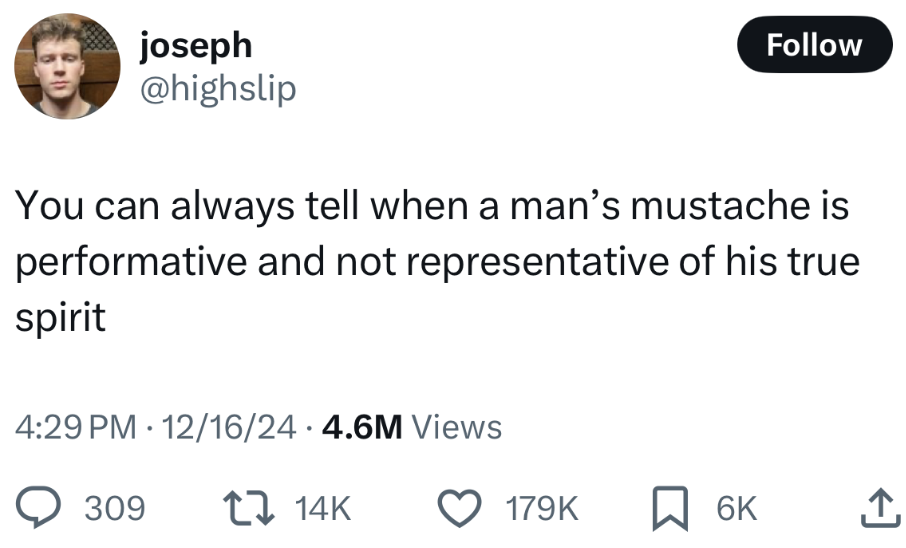I didn’t notice it at first. The first few ‘ums’ slipped easily past my ears. However, I soon found myself counting the number of ‘likes’ she would fit into one phrase. Soon, it became all I could focus on. Her points were often compelling, yet her words irritated me to no end. My frustration with her overuse of filler words was accompanied by a growing sense of guilt. With every “like” and “um” I tallied up, I felt more and more anti-feminist. The poem, “Like Totally Whatever” by Melissa Lozada-Olivia ran on a loop through my head. Often the biggest critics of women’s “likes” and their “ums” were old white men, complaining about how young people were “ruining the English language.” My frustration over filler words felt like a betrayal of my feminist core. So, I set out on a mission to rectify my own psychological dissonance.
I first want to specify what I mean by filler words and explain why they exist at all. When people are critiquing “filler words” they are generally referring to what is known by linguists as verbalized pauses. While these pauses can be used to give us time to think of what we are going to say next, they can also be important tone modifiers which allow us to emphasize a belief or minimize a criticism. Filler words, like any discourse marker, help us organize our speech. At this point, I began to question if the use of filler words deserved criticism at all. Perhaps my annoyance was rooted in the overuse and high frequency of the words, rather than the words themselves. I decided to hunt for more perspectives, hoping that if I read enough opinions and essays I could somehow make sense of it all.
There are two categories of worthy arguments regarding filler words. The first is that criticism of filler words is rooted in misogyny, and that filler words are a helpful and normal aspect of human language. This perspective also argues that women generally rely on filler words in order to reduce their chances of being interrupted. While I agree that most criticism of filler words is rooted in sexism, I don’t love this argument for two reasons. The first is that it reinforces the idea that women use filler words more than men, which to my own surprise isn’t true. In fact, men use filler words just as much or even more than women. Secondly, I find some issue with the implication that filler words are necessary in order for women not to be interrupted. It prompts the question, shouldn’t women just stop being interrupted in the first place?
The next major category of arguments are opposed to filler words because they limit women’s ability to succeed in the workplace, not because they diminish their credibility, but rather because they display a lack of confidence. This argument reminds me of people who encourage women to apologize less and stop adding “just” and other reductive words to their phrases. As much as I align with their disdain of filler words, I think this perspective is also flawed. It again relies on the implication that women use filler words more than men. Additionally, I think that this argument implies that women need to follow a specific set of standards in order to be taken seriously. This is the same logic that is used to discriminate against qualified people of color who don’t code switch or conform to white “professionalism.” However, those who are already “confident” and “credible,” namely old white guys, are free to use fillers as much as they wish without fear that it will impact their reputation.
I think an ideal solution to the problem of filler words is basically impossible. This being said, I believe there is space to criticize the overuse of filler words without being misogynistic. The best it seems I can do is to set some rules for myself on how to criticize an overuse of ‘likes’ and ‘ums’ in a way that isn’t blatantly or implicitly sexist. First, we must recognize that women don’t use filler words more than men — any arguments in support of or against filler words should acknowledge that fact. If, like me, you still find filler words occasionally clunky and annoying, we should step back and reflect on if you critique everyone equally for their reliance on fillers. Ask yourself if someone’s use of filler words is truly reflective of their lack of confidence and organization or just a regular pattern of speech. So, like, um like just be mindful of your own bias, you know?




